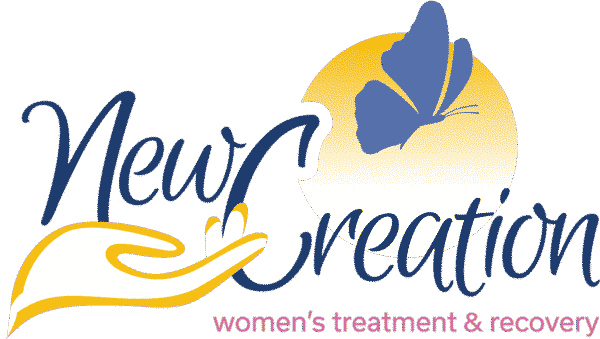Getting a loved one the addiction help they need can feel daunting. This daunting feeling can increase exponentially if there is co-dependency in the mix, which is more common than not when it comes to addiction in the home. The good news is there is a solution to help everyone in the family heal. That solution often includes family therapy.
Understanding Addiction as a Family Disease
Many people now understand that addiction is not some type of moral failing or personal choice. It is a disease. According to the National Institute on Drug Abuse (NIDA), “Addiction is defined as a chronic, relapsing disorder characterized by compulsive drug seeking and use despite adverse consequences. It is considered a brain disorder because it involves functional changes to brain circuits involved in reward, stress, and self-control.”
Also, it is now widely understood that addiction is a “family disease.” This means that addiction can have a negative effect on everyone in the home (and other close friends and relatives). It is often said that an individual struggling with active addiction is “like a tornado knocking down everything and everyone in its path.” One of the effects of the family disease of addiction is something known as co-dependency.
Understanding Co-Dependency
Co-dependency is when an individual becomes overly mentally and/or emotionally dependent on another individual. This co-dependency can also affect anyone. According to the peer-reviewed journal Mental Health Nursing, “The concept of co-dependency has achieved a prominent place in the psychiatric, psychological, and addiction literature in a remarkably short period. Although the term was first developed in the substance abuse treatment arena, specifically referring to the wives of men who abuse alcohol, codependency has more recently been used almost generically.…”
Co-dependency is very common in families struggling with addiction because family members feel responsible for keeping their loved ones safe. This includes making sure that they have adequate finances and a place to stay (so they don’t end up on the street), helping them out with legal issues, and even helping them acquire drugs so they don’t incur more legal troubles or injuries. Families become so dependent on keeping this person safe that they can feel anxious if they are not involved. This is co-dependency, and this can be addressed in family therapy.
A Better Understanding of Family Therapy
Family therapy (sometimes referred to as “family counseling”) has been around since the mid-20th century. According to the Substance Abuse and Mental Health Services Administration (SAMHSA), “Family counseling had its origins in the 1950s, adding a systemic focus to previous understandings of the family’s influence on an individual’s physical health, behavioral health, and well-being… They generally focus on either long-term treatment emphasizing intergenerational family dynamics and the family’s growth and well-being over time….”
Family therapy often takes place both during and after a loved one is in treatment. Often, families start the therapy process without their loved one present, and then they are slowly integrated into the process as they progress in their recovery.
Healing From Co-Dependent Relationships in Family Therapy
Family therapy often addresses co-dependent relationships by helping the family set boundaries with the loved one who is struggling. This might include not allowing the individual in the home if they have been using, cutting them off financially, and no longer providing legal support.
While the boundaries often feel difficult to implement, it is important to remember that they are for the benefit of everyone involved. Boundaries can also help keep an individual motivated, accountable, and connected to their set long-term recovery plan.
Many family members also find that they can benefit from individual therapy sessions as well. These sessions allow for a safe space where family members can express themselves without the fear or anxiety of offending their loved ones. They can also bring what they learned in individual therapy sessions into family therapy.
Helping the Whole Family Heal at New Creation Recovery
Here at New Creation Recovery, we believe that the whole family has the right to heal. That is why we involve the entire family in the recovery process, from initial assessments to post-treatment alumni services and support. Addiction is a family disease that affects millions of families all over the world. It is for this reason that this family disease also needs an effective family solution. Family therapy can be part of that solution.
Families hold some of the strongest bonds that can ever be created. Addiction can break these bonds. However, with the right help and support (including family therapy) these bonds can be reestablished and secured even stronger than they were before. Recovery is about the journey, never the destination, and that incredible journey is always more enjoyable when the whole family comes along.
Co-dependent relationships are common for individuals struggling with addiction. This is because addiction is a family disease and it can harm everyone involved, not just the individual who is struggling. Because addiction is a family disease, it also requires an effective family solution. Family therapy can be a big part of that solution. If you feel like you or a loved one is struggling with issues of addiction, mental illness, or co-occurring disorders, we can help get you on the positive path toward long-term recovery right away. Remember, you don’t have to go through this alone. For more information about the benefits and efficacy of family therapy, please reach out to New Creation Recovery today at (877) 868-5730.



